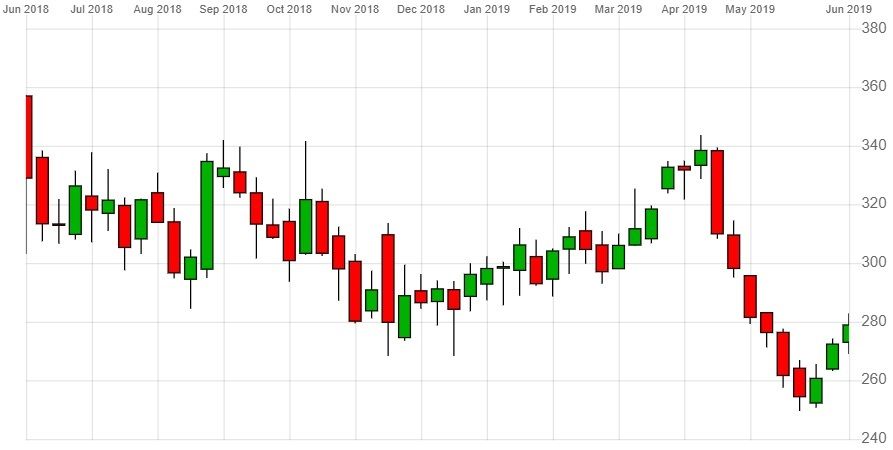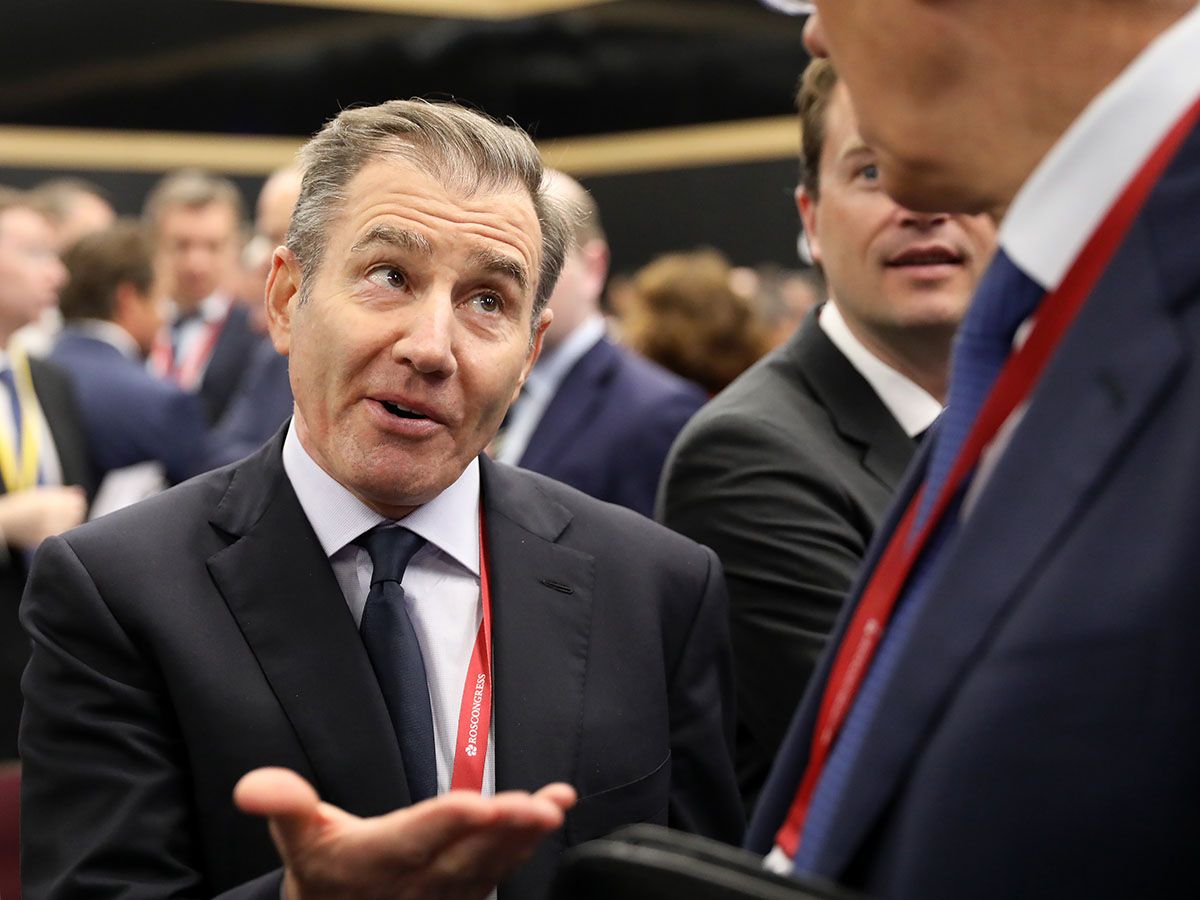Glencore's [GLEN] share price is down over 24% since this time last year, and having put its Chad oil fields up for sale, the mining giant looks to be pulling out of African oil production less than a decade after moving in. The move comes at a time when Glencore is selling off non-performing assets in the hope of cutting debt and turning around a plummeting share price.
The Swiss commodity and trading giant had bought Caracal Energy in 2014 for $1.6 billion with a view to expand its African oil operations. But with the price of oil slumping by the following year, the value of this asset fell.
The Chad oil fields have cost Glencore $1.9 billion in impairment fees after the company scaled back its development program and stopped drilling between 2016 and 2017. In a 2018 report, Glencore put the total recoverable value of the fields at $1.2 billion.
Besides, Glencore's oil production in the region is small. According to Reuters, net oil production from Glencore’s Chad oil fields accounted for just over half of its 12,700 barrels per day. For comparison, BP produces close to the equivalent of 4 million barrels of oil every day.
Is there more fat to cut?
The Chad oil field’s poor performance made it an obvious candidate for a corporate-wide strategy that has seen the company selling off non-core assets to turn around the wider business.
Over the past 20 years the company has expanded its mining and metals operations. Oil, on the other hand, has only ever been a small part of its business. Last year, Glencore sold its stake in Russian oil producer Russneft to Qatari consortium QIA for 7.4 billion euros. Further cuts could come from its Equatorial Guinea and Cameroon oil operations, which have both seen impairment fees weighing on costs.
Any more cuts should please shareholders concerned that the forward dividend yield of 5.56% could be under threat. Investors might also be placated by Glencore’s promise to use money made from selling off non-core assets to further boost its planned $2 billion share buyback scheme.
5.56%
Glencore stock's forward dividend yield
How does Glencore's share price compare to rivals?
Year-to-date, Glencore's share price is down over 25%, while its rivals Rio Tinto and Anglo American have soared 21% and 31% respectively. Earnings per share also compares unfavourably with its fellow miners. Glencore sports an EPS of $24, while Rio Tinto boasts an EPS of $787.6 and Anglo American’s comes in at $274 (TTM).
Debt is one thing that Glencore has to get a handle on. Last year the company’s debt pile shot up 44% to come in at a higher-than-expected $14.7 billion. The stock’s debt-to-equity ratio is also an eye-wateringly high 66.44, compared to the respective 18.37 and 32.76 industry and sector averages.
| Market cap | £37.90bn |
| PE ratio (TTM) | 11.66 |
| EPS (TTM) | 24.00 |
| Quarterly earnings growth (YoY) | -81.00% |
Glencore share price vitals, Yahoo finance, 24 June 2019
Given all this, it’s unsurprising that profit margins are a thin 1.5% compared to Rio Tinto's 33%, while overall net income was 41% lower in 2018 than the previous year.
However, Glencore's forward dividend yield does still outperform Rio Tinto's 4.97% yield, and Anglo American's 3.62%. A P/E ratio of 11.66 indicates that Glencore’s stock could well be appropriately valued - relatively in line with key competitors - and could represent good value for traders who think the recent sell-offs will trigger a rise in share price.
What do the analysts think?
HSBC has pinned a price target of 385p on Glencore shares. This would represent a 38% upside on the current share price. Credit Suisse's 420p is even more optimistic, and would see a 50% jump in price. The consensus rating among the 21 analysts following the stock is "Outperform".
50%
GLEN shares' potential upside according to Credit Suisse's latest price target
Alongside the asset sales, analysts could be factoring in an easing in the US-China trade war. Any de-escalation in tension here should benefit Glencore as it seeks to take advantage of China’s huge infrastructure projects. In any case, Glencore’s hitting of analyst targets will very much depend on the effectiveness of its sell offs.
Continue reading for FREE
- Includes free newsletter updates, unsubscribe anytime. Privacy policy





